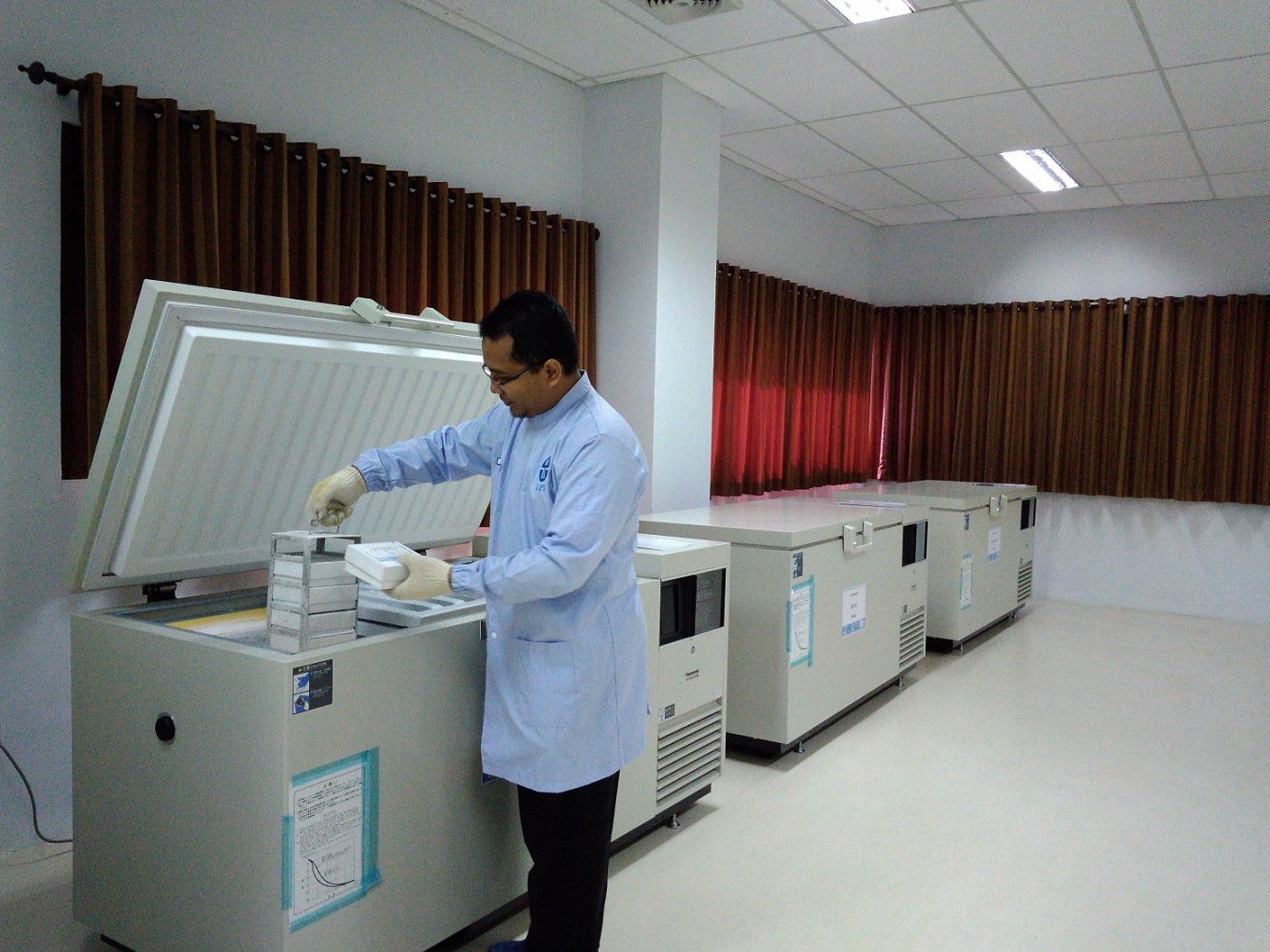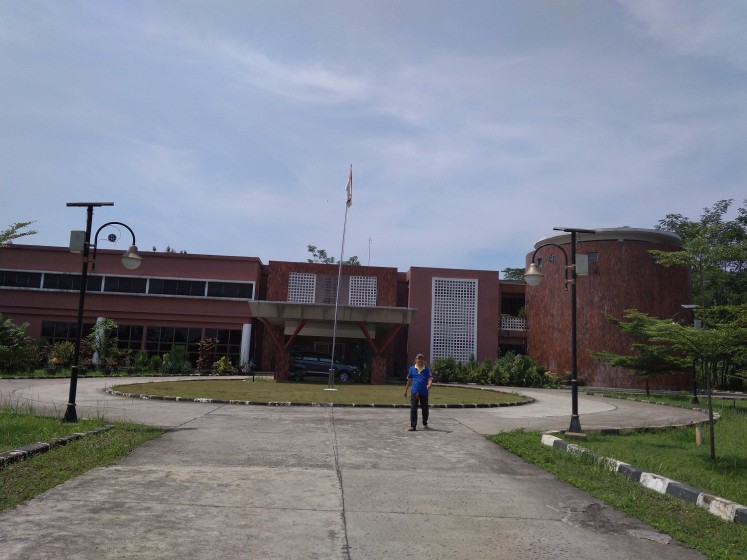Popular Reads
Top Results
Can't find what you're looking for?
View all search resultsPopular Reads
Top Results
Can't find what you're looking for?
View all search resultsFew microbe potentials discovered due to shortage of funds, researchers
Change text size
Gift Premium Articles
to Anyone
H
aving faced a shortage of microbiologists and research funds, Indonesia has not yet fully tapped its microbe potential, which might be useful for the treatment and prevention of diseases.
The presence of the Indonesian Culture Collection (INACC), a microbe storage center in Cibinong, West Java, is proof that Indonesia is home to a wide variety of microbes.
“All of these potentials must be explored if Indonesia wants to compete against developed countries, because microbes can be used for the development of medicines, food and energy,” Indonesian Institute of Sciences (LIPI) principal secretary Nuramaliati Prijono said on Thursday.
She further said many foreign researchers were looking for microorganisms with the potential to be used for antibiotics, and Indonesia was the warehouse of such microorganisms.
“The problem is the number of our researchers is very limited. Our funds are also limited so we cannot carry out many research activities,” said Nuramaliati.
Unlike animals and plants, the researcher said, microorganisms could be copyrighted and LIPI was ready to become a national depository center for microorganisms. Any microorganism that had been copyrighted could be deposited in the INACC at the LIPI Cibinong Science Center.
“The number of copyrights in Indonesia can increase if microbe-related research activities can be promoted further,” said Nuramaliati.
Erliza Hambali, a professor of agro-processing technologies at Bogor Agricultural University (IPB), praised the presence of the INACC, saying it was an important initiative because technology in the future needed microbe activities to produce various products. (ebf)
Center of excellence: A man passes near the Indonesian Culture Collection (INACC), a microbe storage center owned by the Indonesian Institute of Sciences (LIPI) in Cibinong, West Java, on Thursday. (JP/Theresia Sufa)










